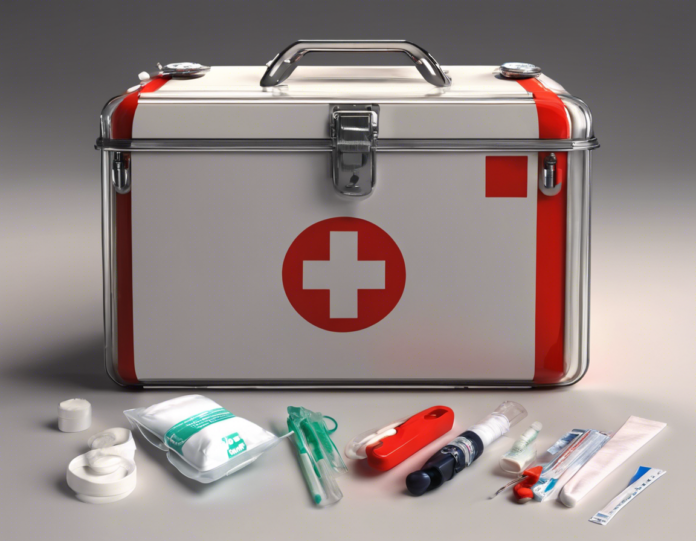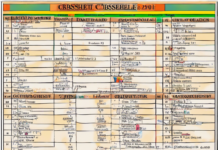Introduction
First aid is crucial in providing immediate assistance to individuals who have been injured or are experiencing a medical emergency. A well-equipped first aid box is essential in ensuring that you are prepared to deal with any injuries or emergencies that may arise. Whether at home, in the car, or at the workplace, having a properly stocked first aid kit can make a significant difference in an emergency situation. In this article, we will provide you with a comprehensive checklist of essential items that should be included in your first aid box.
Basic First Aid Kit Checklist
1. Adhesive Bandages: Adhesive bandages, such as band-aids, are essential for covering minor cuts and scrapes to protect them from infection.
2. Gauze Pads and Tape: Gauze pads and medical tape are necessary for dressing larger wounds that cannot be managed with adhesive bandages.
3. Alcohol Pads: Alcohol pads are used to clean the skin before applying bandages or dressings to prevent infection.
4. Antiseptic Wipes: Antiseptic wipes are useful for cleaning wounds when soap and water are not available.
5. Scissors: A pair of scissors is needed to cut gauze, tape, or clothing in case of an emergency.
6. Tweezers: Tweezers are handy for removing splinters, debris, or ticks from the skin.
7. Disposable Gloves: Disposable gloves are essential for protecting yourself from bodily fluids and reducing the risk of infection when providing first aid.
8. Instant Cold Packs: Instant cold packs can help reduce swelling and relieve pain in case of injuries such as sprains or strains.
9. Thermometer: A thermometer is necessary for monitoring body temperature and detecting fever, a common symptom of many illnesses.
10. Pain Relievers: Over-the-counter pain relievers such as ibuprofen or acetaminophen can help alleviate pain and reduce fever.
11. CPR Mask: A CPR mask is crucial for administering CPR safely and effectively in case of a cardiac emergency.
12. Emergency Blanket: An emergency blanket can help keep an injured person warm and prevent hypothermia in case of cold weather or shock.
Additional Items for a Comprehensive First Aid Kit
1. Burn Cream or Aloe Vera: Burn cream or aloe vera gel can soothe and protect minor burns and sunburns.
2. Eye Wash Solution: Eye wash solution can flush out irritants from the eyes in case of chemical exposure or foreign objects.
3. Moleskin: Moleskin is useful for preventing and treating blisters, particularly in outdoor or hiking activities.
4. Splint: A splint can immobilize broken or injured bones to prevent further damage before seeking medical help.
5. Emergency Contact Information: Include a list of emergency contacts, such as family members, doctors, and local emergency services.
FAQs (Frequently Asked Questions)
1. How often should I check my first aid kit?
It is recommended to check your first aid kit regularly, at least every 6-12 months, to ensure that supplies are not expired or damaged.
2. Where should I keep my first aid kit?
Your first aid kit should be kept in a designated and easily accessible location, known to all family members or coworkers.
3. Can I customize my first aid kit based on my specific needs?
Absolutely! You can customize your first aid kit by adding medications or supplies that are relevant to your health conditions or activities.
4. Are there any items I should avoid storing in my first aid kit?
Avoid storing expired medications, liquids that may leak, or sharp objects that could cause injury when reaching into the kit.
5. How can I learn first aid techniques to use my kit effectively?
Consider taking a first aid training course offered by organizations like the Red Cross to learn essential first aid skills and techniques.
Conclusion
Having a well-stocked first aid kit is an essential component of emergency preparedness. By following the checklist provided in this article and customizing your kit to meet your specific needs, you can be better prepared to handle injuries and emergencies effectively. Remember to regularly check and update your first aid kit to ensure that all supplies are in good condition and not expired. Being equipped with a comprehensive first aid kit can make a significant difference in providing timely and effective care when it matters most.









